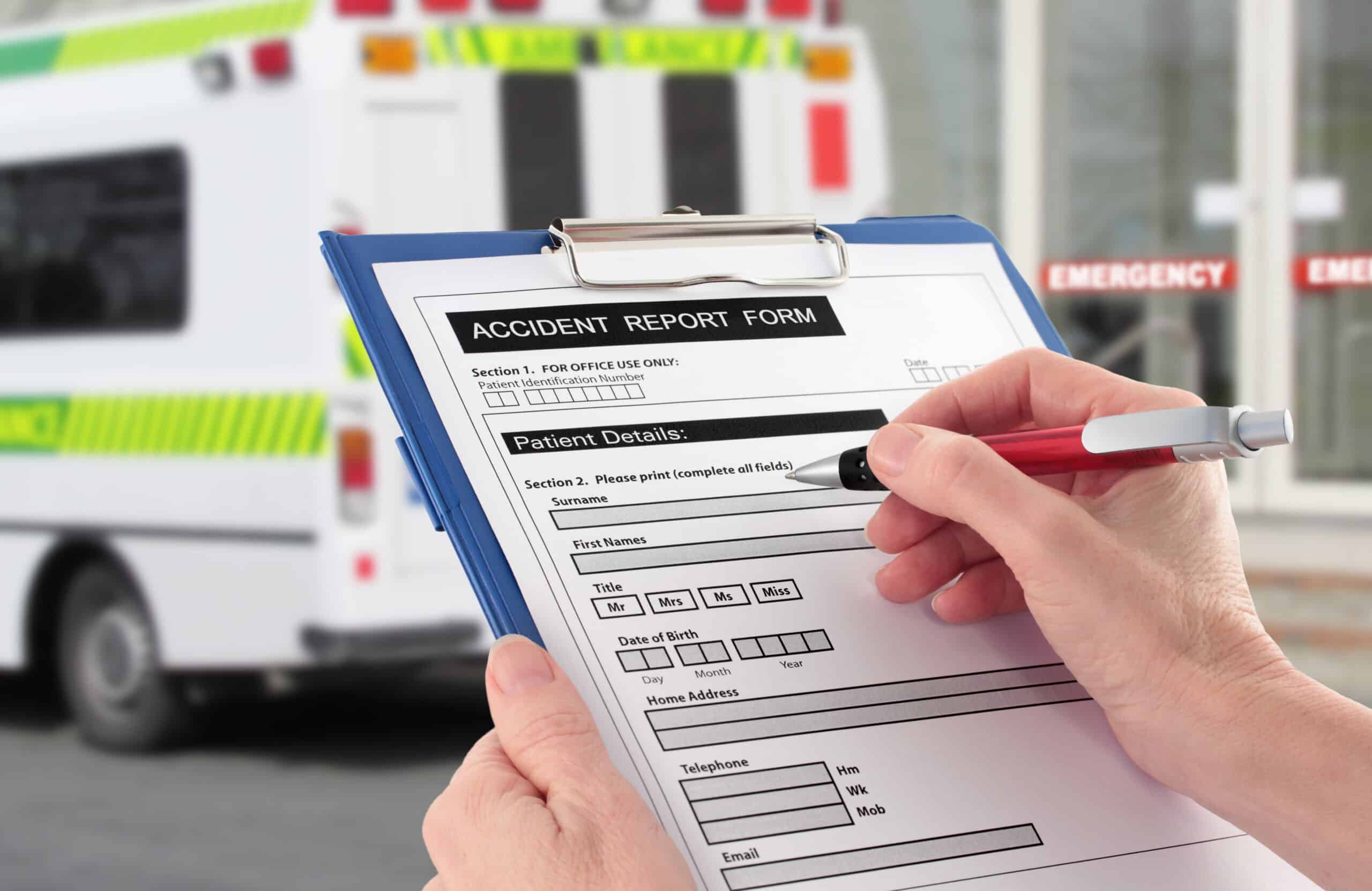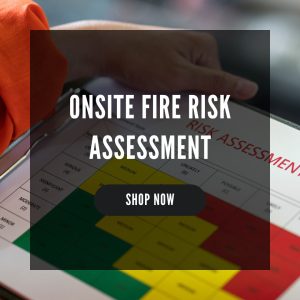All employers have a duty of care towards their workers which means that they must take all necessary steps to ensure their health, safety and well-being at all times whilst at work.
This includes conducting a risk assessment to identify any hazards and put appropriate control measures in place, providing workers with any PPE that they need to keep them safe on site as well as any health and safety training they need before carrying out certain tasks.
It also means that, if an incident does take place, you must report it.
What is RIDDOR?
RIDDOR stands for the Reporting Injuries, Diseases and Dangerous Occurrences Regulations 2013 and puts the duty on employers to report certain serious accidents, diseases or dangerous occurrences in the workplace.
An accident would include any unintended incident that causes physical injury, from slipping on a wet floor and hitting your knee to an object falling on to someone. There must be an identifiable, external event which causes the injury so a headache would not count unless there was a clear reason as to its cause (i.e. excessive noise in the workplace).
Who should report a workplace accident?
According to HSE, “only ‘responsible persons’ including employers, the self-employed and people in control of work premises should submit reports under RIDDOR”.
It is not appropriate for the injured party, or any other employees, to report such incidents. Instead, they should notify their employer who should take care of the rest on their behalf.
How do you report a workplace accident?
Every workplace should have a HSE-compliant Accident Book so that all accidents can be appropriately recorded.
For any disease, dangerous occurrence or accident that:
- results in death
- leaves a worker injured and incapacitated for more than 7 days
- results in a worker being taken directly to hospital
It must be reported using one of the online forms on the HSE website: view here
A report must be received within 10 days of the incident.
Examples of accidents and occurrences that you would need to report
- Severe burns
- Reduction or loss of eye sight
- Head injuries that cause loss of consciousness
- Electrical short circuit
- A fire that causes work to stop for more than 24 hours
- Release of any substance that could cause harm e.g. asbestos
What happens if you don’t report an incident under RIDDOR?
If you don’t follow your duty under RIDDOR then you are at risk of being taken to court by the HSE or local authority. You must be able to prove that you have sufficient reporting systems in place so that you are aware of every incident that takes place at work even when you are not on the premises. Pleading ignorance will simply not be accepted by the authorities.









